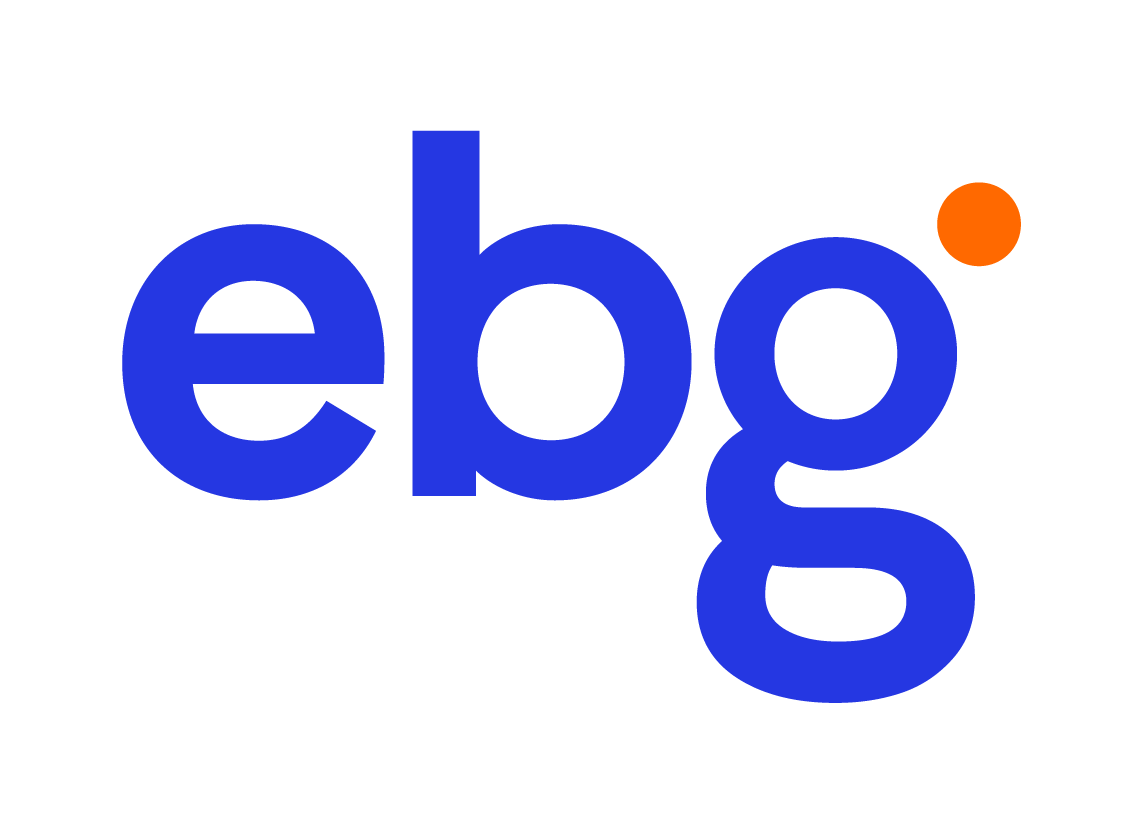Benefits
Overview
EBG was migrating its proprietary solutions to Amazon Web Services (AWS) and knew that a simple lift and shift wouldn’t unlock the cloud’s full power. So, the company modernized its hotel metasearch engine using AWS Lambda, a service to run code without thinking about servers or clusters. This move reduced EBG’s infrastructure costs and set the stage for future innovation with generative artificial intelligence (AI).
About EBG
EBG powers a proprietary suite of ecommerce platforms and technology solutions that help deliver exclusive deals and special offers and discounts from some of the world’s top brands and experiences.
Opportunity | Using AWS Lambda to Optimize Costs and Scale for EBG
EBG powers a proprietary suite of ecommerce platforms and technology solutions to deliver exclusive deals and special offers from the world’s top brands and experiences. Specializing in live entertainment, travel, and retail products and services, EBG operates a network of employee and membership-based marketplaces with a reach that exceeds 100 million users. EBG owns one of the nation’s most comprehensive employee savings programs, serving over 40,000 corporate clients through its business-to-business-to-consumer platforms.
EBG migrated its hotel metasearch solution, Hotel API (HAPI), to AWS. To support this service, the company created a caching solution for hotel results, called eCache, on AWS. HAPI had been lifted and shifted to AWS and didn’t have the automatic scaling capabilities that it needed. Infrastructure engineers had to manually scale HAPI to keep it stable with eCache, and search results took over 30 seconds in many cases. HAPI was also far from cost optimized, and there was little to no visibility when issues arose.
After creating a proof of concept, EBG determined that serverless modernization would solve the scalability and response time issues between HAPI and eCache. Within 2.5 months, the company rearchitected HAPI using AWS Lambda. “When we initially lifted and shifted HAPI, we were on AWS without maximizing the benefits of AWS,” says Pooyan Balouchian, senior vice president of data strategy and business intelligence at EBG. “When we began modernizing from the conventional way of hosting HAPI to the use of serverless infrastructure, we truly observed the benefits of being on AWS.”
Solution | Cutting Infrastructure Costs by 70 Percent Using AWS Lambda
EBG rearchitected HAPI using serverless infrastructure on AWS, refactoring outbound API integrations to tens of hotel providers to run on AWS Lambda functions while maintaining backward compatibility. It also rewrote 15 percent of its application logic to run multithread processing using an AWS Lambda function. (See figure 1.) “Since the modernization, every time we add more markets to eCache, the system scales immediately with minimal human intervention,” says Tony Mercado, cloud software engineer and architect, providing consultation services to EBG.
EBG also increased observability during the HAPI refactoring by incorporating its logs into Amazon CloudWatch, a service to observe and monitor resources and applications on AWS. “One of the main reasons to migrate to a serverless environment on AWS was to have more visibility and native tools that facilitate metrics and logs,” says Mercado. Lack of visibility was a limiting factor before the modernization. Now, EBG has dashboards that capture indicative metrics to tell engineers whether the system is stable so that the company can proactively detect and solve issues before a customer complains.
Hotel searches from the EBG website now return results in 1–3 seconds—with subsecond response times for data that is already available in eCache. The average request duration in HAPI is 25 percent shorter than before. The faster return times have improved customer experience and led to higher conversion rates, according to the metrics that EBG’s Analytics Department tracks.
Additionally, EBG has lowered infrastructure costs by paying only for the resources it consumes. “Our proof of vision is in the numbers: Using AWS Lambda, we achieved around 70 percent cost savings on our HAPI infrastructure,” says Balouchian.
The company also saw a 65 percent reduction in the time needed to manage HAPI. “Now, instead of chasing issues in the existing stacks, EBG can use its engineering resources to innovate,” says Mercado. Part of that innovation will include reusing this serverless architecture in other verticals, beginning with the company’s rental car solution. Implementing new serverless use cases will take a couple of weeks now that EBG has laid the initial groundwork.
“This modernization proved successful beyond expectation,” says Balouchian.
Outcome | Opening the Door for Generative AI on AWS Serverless Architecture
Now that EBG has scalable, serverless infrastructure on AWS in place, it will experiment with additional tools such as AI. The company was awarded the AWS Innovation Fund to engage with machine learning engineers at AWS and receive guidance for building its first generative AI application.
As it continues to expand its use of AWS, EBG implements infrastructure as code to make it simpler to build proofs of concept and adopt new services. “AWS offers a valuable asset in terms of the flexibility of choices that we have on the table to pick from,” says Balouchian. “The vision is to maximize our use of AWS to accomplish our generative AI use cases.”
Figure 1. Hotel API’s architecture using AWS Lambda

Our proof of vision is in the numbers: Using AWS Lambda, we achieved around 70 percent cost savings on our HAPI infrastructure.
Pooyan Balouchian
Senior Vice President of Data Strategy and Business Intelligence, EBGAWS Services Used
Did you find what you were looking for today?
Let us know so we can improve the quality of the content on our pages.